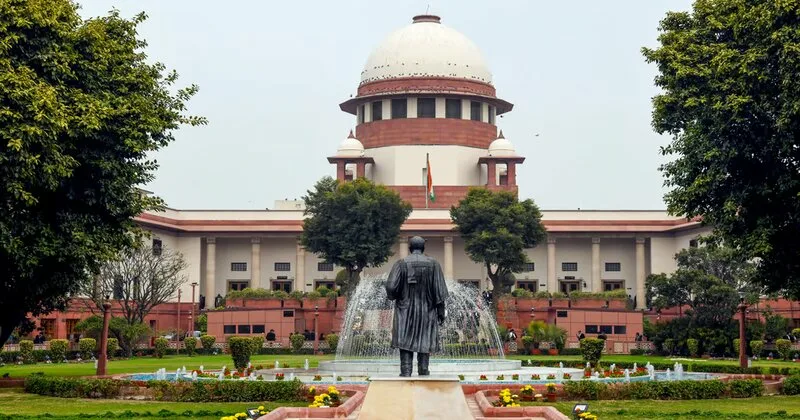
Policy experts have welcomed the Supreme Court’s landmark ruling that prohibits the government from granting retrospective environmental clearances, calling it a significant step towards enforcing accountability in environmental governance. The judgment, issued in response to petitions by NGOs such as Vanashakti, declared that projects initiated without prior environmental clearance under the EIA Notification, 2006, cannot be legalised later. The court emphasized that educated and influential violators who knowingly bypassed the law must not be shielded.
While the ruling was seen as a positive move, several experts expressed concerns about potential loopholes and weak enforcement. Environmentalists and former officials warned that despite the court’s directive, the environment ministry and project developers might still find ways to sidestep regulations. They also pointed out systemic flaws, such as the allowance of land acquisition before clearance, which undermines the integrity of the EIA process by making projects difficult to stop after work has already begun.
Legal experts highlighted that the verdict serves as a warning to companies, particularly smaller ones, against starting projects without proper clearance, as retroactive approvals are now off the table. Activists now have stronger legal backing to challenge unauthorized developments. However, they cautioned that the judgment alone won’t fix deep-rooted problems in environmental governance and emphasized the need for vigilant public oversight to ensure lasting ecological protection and compliance with the court’s orders.

Post Your Comments